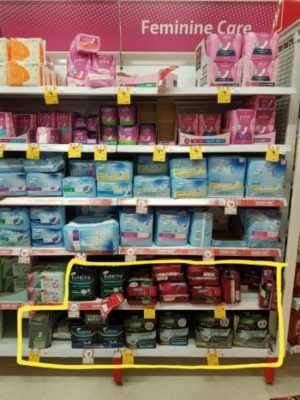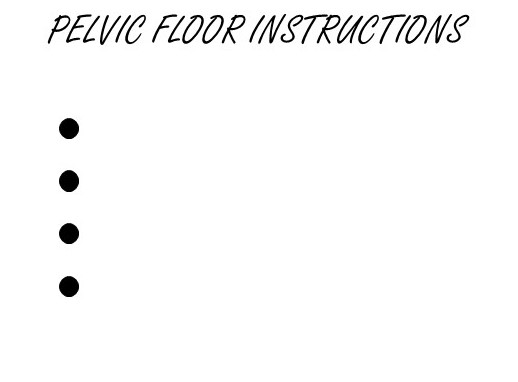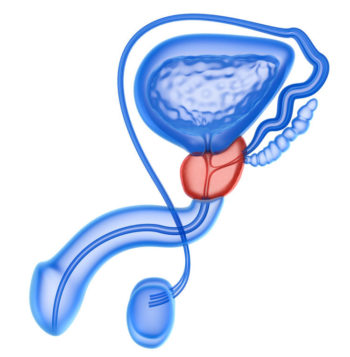
Do supermarkets reflect societal attitudes towards men’s health issues?
I was strolling through my local Coles supermarket recently and as I made my way down the personal hygiene aisle I noticed something I hadn’t noticed before. It left me rather surprised, bemused and with a number of questions. No, it wasn’t that I noticed that they stocked men’s incontinence pads (if you weren’t aware, they do!). No, it wasn’t that these pads were right in amongst women’s incontinence and sanitary pads. It was the signage right above these products – FEMININE CARE (along with the stereotypical pink colours representing all things female).
I am aware enough to know that not every product in a major supermarket can be cleared signed and that the major supermarkets likely sell vastly more feminine care products than male sanitary pads (hence in the interest of the supermarket to ensure that female pads are easily found by consumers). It also doesn’t bother me that male products are being stocked under the signage of female products – some men may see this as a positive as the products are discreetly positioned in the supermarket. Others may take offence though.
My first thoughts upon noticing this placement of male incontinence pads under the signage of FEMININE CARE, was that this clearly reflects the awareness and attitudes of the broader society towards men’s health issues like incontinence in that:
- Both men and women experience incontinence issues;
- Men don’t talk about their issues or seek the help they need;
- Services for specific men’s health issues are less readily available, less frequently spoken about, less frequently referred for and under utilised by men who need them.
Now, I don’t know this for sure, but I suspect that the average man walking through the supermarket may not know that male incontinence pads even exist. Or even if they did, they may not realise that they are stocked in major supermarkets in Australia. I would then hazard a guess that a larger proportion of men would be aware that women’s incontinence is an issue affecting many women and that women’s incontinence pads are stocked in major supermarkets.
Just a thought – wouldn’t it be nice if male health product like incontinence pads weren’t seemingly tucked away in the bottom corner under signage for FEMININE CARE products. Perhaps a greater number of men and women may become aware that male incontinence is a real issue affecting a large number of men in Australia. In turn, this could help change the perception of men’s health in Australia, helping more men to access appropriate health services and to know where they can even find products like male incontinence pads.
On another point – I don’t know what the men purchasing these products think when they see male incontinence pads under the signage for FEMININE CARE. Perhaps they like that they are discreetly positioned without the fanfare, perhaps they do think it is sexist, perhaps they see the humorous side to it and have a bit of a chuckle.
My only concern is potentially for the men with incontinence issues, who may not realise that male incontinence products even exist or that they are so easily accessible in major supermarkets.
In time, I hope that societal attitudes towards men’s health issues change for the better (I do think that this is slowly happening) and that perhaps in years to come my experience strolling the supermarket aisles might be a different experience.



